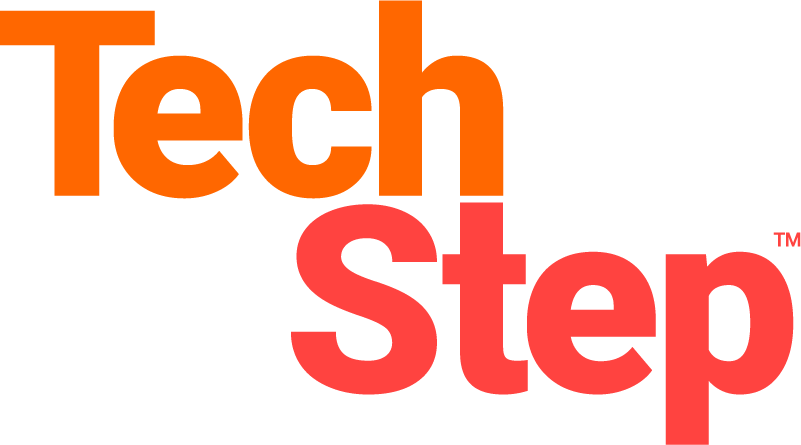Manufacturing
Manufacturing refers to the production process that transforms raw materials and components into finished products, often using cutting-edge machinery and technology. Opportunities in tech manufacturing span roles such as production managers, quality assurance engineers, and supply chain analysts. It’s where precision meets efficiency, ensuring that innovative tech solutions become tangible realities.
Manufacturing Engineer
Manufacturing Engineers develop and optimize manufacturing processes and systems to improve efficiency, productivity, and quality. They design production layouts, implement automation solutions, and ensure smooth operations on the shop floor.
Soft Skills:
Problem-solving, communication, teamwork.
Hard Skills:
Knowledge of manufacturing processes, CAD/CAM software, process optimization, quality control methodologies.
Personality Traits:
Analytical, detail-oriented, adaptable.
Industrial Automation Engineer
Industrial Automation Engineers focus on integrating automation systems and technologies within manufacturing environments. They design and implement robotics, programmable logic controllers (PLCs), and other automation solutions to enhance productivity and streamline operations.
Soft Skills:
Analytical thinking, problem-solving, teamwork.
Hard Skills:
Knowledge of automation systems, PLC programming, robotics, industrial networking, troubleshooting.
Personality Traits:
Detail-oriented, innovative, collaborative.
Quality Assurance Specialist
Quality Assurance Specialists ensure that manufactured products meet quality standards and customer expectations. They develop and implement quality control processes, conduct inspections, perform data analysis, and drive continuous improvement initiatives.
Soft Skills:
Attention to detail, communication, problem-solving.
Hard Skills:
Knowledge of quality control methodologies, statistical analysis, inspection techniques, familiarity with quality management systems.
Personality Traits:
Detail-oriented, systematic, proactive.
Supply Chain Analyst
Supply Chain Analysts use data and technology to optimize supply chain operations and logistics. They analyse data, identify trends, forecast demand, and make recommendations to improve inventory management, reduce costs, and enhance efficiency.
Soft Skills:
Analytical thinking, problem-solving, communication.
Hard Skills:
Data analysis tools (e.g., Excel, SQL), supply chain management software, forecasting techniques, knowledge of logistics and procurement processes.
Personality Traits:
Analytical, adaptable, detail-oriented.
Digital Manufacturing Specialist
Digital Manufacturing Specialists leverage technology to digitize and optimize manufacturing processes. They implement digital tools such as computer-aided design (CAD), computer-aided manufacturing (CAM), and simulation software to improve product design, production planning, and quality control.
Soft Skills:
Communication, problem-solving, adaptability.
Hard Skills:
Proficiency in CAD/CAM software, knowledge of simulation tools, familiarity with digital twins and virtual manufacturing, understanding of manufacturing workflows.
Personality Traits:
Innovative, detail-oriented, collaborative.
Manufacturing Data Analyst
Manufacturing Data Analysts collect and analyse data from manufacturing processes to identify patterns, trends, and opportunities for improvement. They use statistical analysis and data visualization techniques to support decision-making, optimize production efficiency, and enhance quality control.
Soft Skills:
Analytical thinking, attention to detail, communication.
Hard Skills:
Data analysis tools (e.g., Excel, SQL, Python), statistical analysis, data visualization, knowledge of manufacturing processes.
Personality Traits:
Detail-oriented, logical, inquisitive.
Product Lifecycle Management (PLM) Specialist
PLM Specialists oversee the management of product information throughout its lifecycle. They implement and maintain PLM systems, facilitate collaboration among cross-functional teams, and ensure efficient product development, documentation, and version control.
Soft Skills:
Communication, teamwork, attention to detail.
Hard Skills:
Knowledge of PLM software, product data management, version control, understanding of product development processes.
Personality Traits:
Organised, proactive, collaborative.
Robotics Engineer
Robotics Engineers design, develop, and implement robotic systems in manufacturing environments. They create automation solutions, program robots, and collaborate with cross-functional teams to integrate robotic technology into production processes.
Soft Skills:
Problem-solving, teamwork, adaptability.
Hard Skills:
Robotics programming, knowledge of robotic systems (e.g., industrial robots, cobots), automation tools, familiarity with safety regulations.
Personality Traits:
Detail-oriented, innovative, collaborative.

